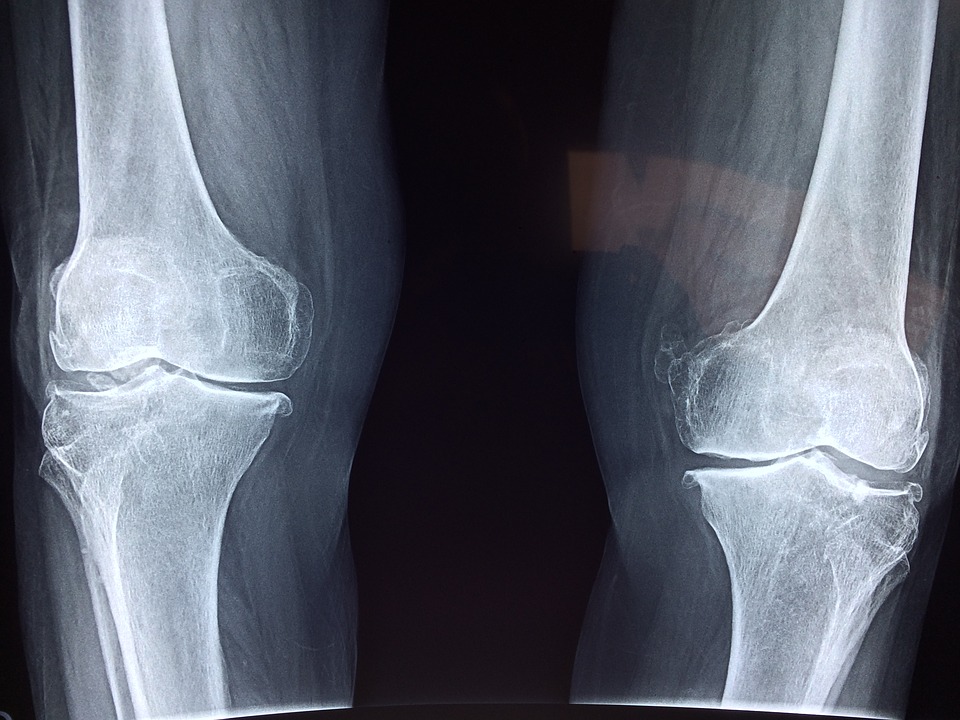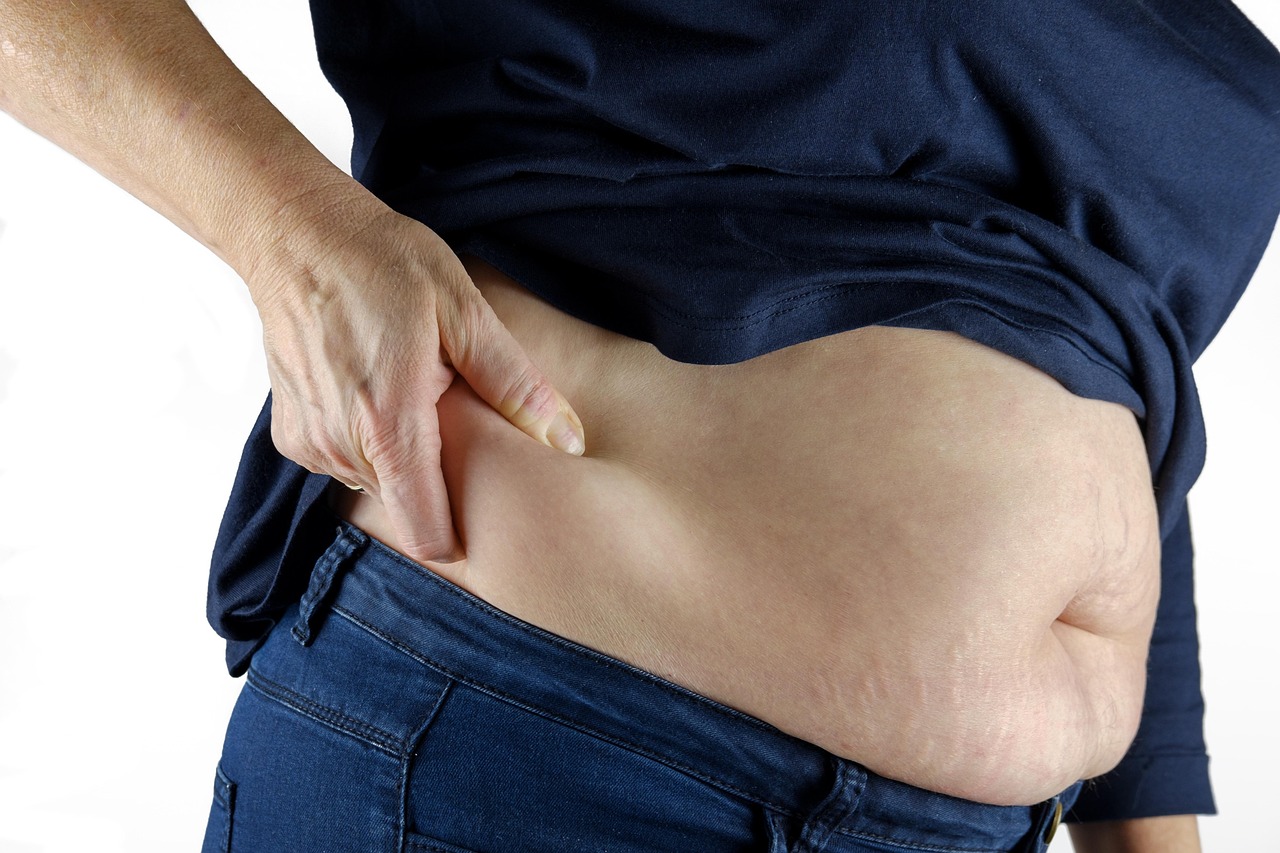According to the World Health Organisation (WHO), healthy bone tissue has a T-score of least -1.0 or higher. Any bone density lower than that indicates that you have poor bone health and that you are at risk of developing bone disease such as osteoporosis, osteomyelitis (bone infection), and osteoarthritis. Keeping this in mind, here are four ways to take care of your bone health.
Eat a Healthy Diet
According to the American Orthopaedic Association (AOA), bone density depends on amont of minerals such as calcium, zinc, and magnesium present in bone tissue. This means that apart from being nutritionally balanced, your diet should contain foods rich in such minerals. Examples of foods rich in bone health minerals include, among others, dairy foods, green leafy vegetables, nuts, fish, and whole grains.
Perform strength exercises
Strength exercises are important for building muscle mass and bone density. This is because they exert pressure on the bones, prompting the body to synthesize new cells and tissues to supply the energy needed. While such exercises are crucial, they can also worsen your condition if not done correctly. Therefore, ensure you consult a rheumatology doctor first and hire a qualified fitness coach to guide you through the process.
Avoid Smoking and Alcohol Abuse
Research by the National Center for Biotechnology Information (NCBI) shows that alcohol abuse and smoking can lead to weakened bones. With low bone density, you are more likely to get fractures, bone loss, and in worst cases, osteoporosis. Additionally, smoking and alcohol abuse can take a toll on your overall body health, and hence, you should avoid them.
Keep Your Sex Hormones in Check
Estrogen and testosterone are the main sex hormones that contribute to the formation and maintenance of bone tissues in females and males respectively. After menopause, estrogen levels drop significantly, and this, in turn, affects bone health in women. Although testosterone remains relatively high throughout the life span of a man, it can gradually drop from 40 years of age. Take note that excessive weight, inactivity, some medications, and inadequate sleep can also cause a drop in testosterone levels. To avoid this, ensure you keep your sex hormones in check by eating healthy, managing stress, and engaging in regular physical activity.
Conclusion
Use these four strategies to take care of your bone health and avoid the health problems associated with low bone density. In case you’re already suffering from poor bone health, consider seeking immediate medical attention to avoid aggravating the situation.





